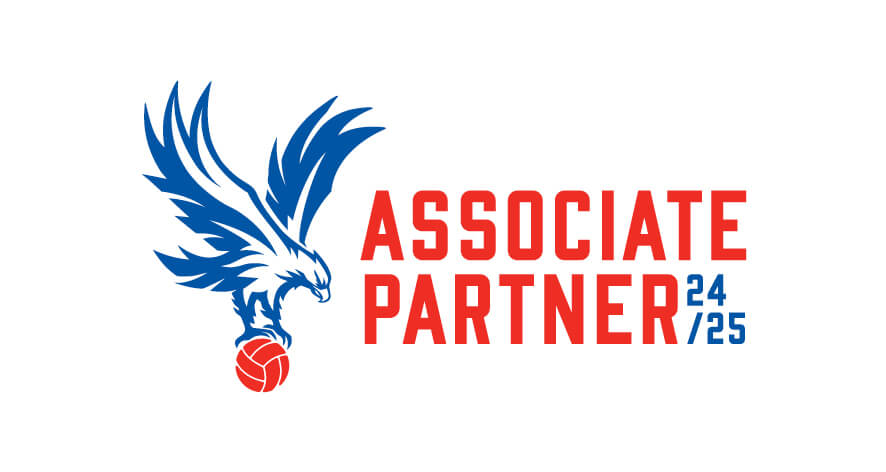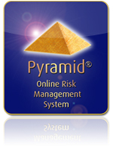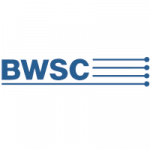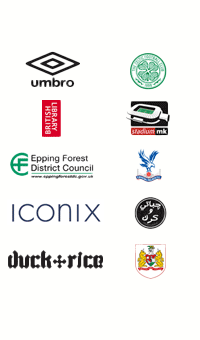International Safety Compliance Guide
If you have found this article there’s a good chance that you are a manager probably within a UK based business operating internationally, that either has responsibility for or has just been given responsibility for health and safety compliance in another country. So, the chances are that you either have some specific questions, or are looking into an insight into the complexities of managing compliance on an international basis.
If you are based in the UK then you will no doubt have a good background understanding in UK Health and Safety and probably UK Fire Safety Legislation, but what differences do you need to apply to your safety management system if your business either currently trades across international markets, or is considering that first step?
Is it an acceptable assumption to make that (for the next two years, anyway) we are still part of the European Union that everyone is operating from EU safety directives? What is the most important aspect of safety compliance do you need to consider, the legal requirements in any country, or the risk that your operation presents in terms of health, safety and well being of all your employees (and customers)? Or, is your organisation’s brand reputation so important that you feel the safest and simplest way to operate is to apply UK standards wherever you operate?
Besides these important aspects that all need to be considered, there is also local language and culture issues that require some careful attention especially when it comes to international health and safety! If you operate internationally and your safety manual is in English, is that acceptable locally? How can employees be expected to understand what is required, how can you ensure that safety standards are met and complied with, if they do not understand the language that the company policy and procedures are written in?
So, if you are operating or plan to operate fire safety, health and safety compliance on an international basis there certainly isn’t a quick win or a one size fits all solution. So please read on if you would like to know more.
Health and Safety Compliance – The Local Legalese!
This may seem like a very simple question, but virtually every time I ask the following question to a manager of an international operation, I am met with a stunned or blank expression, a response (which forms a very long list of incorrect assumptions).
Can you tell me what local health and safety laws are in place in this country in which you operate?
The bottom line is simple, it doesn’t matter how good UK law is (when you compare it to any other country), there still may be various other local requirements in place, so if you assume UK will conquer all, you will sadly may set yourself and your organisation for a bumpy ride, local challenges, fines or even prosecutions further down the line.
Even though countries like Italy and Greece are within the European Union, there are some very specific legal requirements regarding competence and qualification of persons responsible for safety, and for risk assessments. Ignore these at your peril and the local enforcement officers will happy issue spot fines or worse when these shortcomings are exposed.
Health and Safety Standards – the UK Is Best Right?
Ok, a simple solution to expanding your operation may seem to adopt strict UK standards in all other countries, but firstly if you don’t know what the local laws are, you could be implementing standards and systems that could be extremely costly and far from local requirements, and you could still end up with gaps in what is required. In the UK, we have a requirement for fire safety risk assessment whilst in other countries there are requirements for fire certification with various sign-offs prior to handover. Out of date fire certificates can mean closure, fines or even imprisonment!
Accident reporting procedures often carry a wide variation in what is required to reported, to who, and by when. In some countries, this is an insurance requirement, in others reporting to the local Police is required.
Risk Assessments and their format and content can vary considerably, in France these are called the “Document Unique” and whilst French law doesn’t state they must be in French, it does state that they must be available to and understood by all staff, so unless all of your staff speak English, chances are you have an issue. But even if they did, if the Labour inspector pays a visit and he doesn’t speak any English – you may have a big problem.
Then there’s the language issue, translation is expensive and how do you deal with training and sharing risk assessment information. If you do translate documents and procedures, how do you keep these updated, and how do you report back to the UK in English?
So, until now I’ve focused on what’s required legally and local language issues, but there may also be two further significant health and safety management issues to think about, depending on the country.
The first one of these may well mean that there is little or no legislation, little or no enforcement, limited chance of any comeback of a major safety incident or the local law does not cover a certain area and therefore not a requirement and that operation may not want to invest large sums cash into something that’s not required – some international companies (outside of the EU) will invest on a risk basis only, what then? Well if your organization has a relatively low risk operation, you could consider simple safety management systems to protect your brand or reputation, but if there are higher risk operations, which carry the risk of a serious accident or incident, or fatalities then what then?
Finally, the cultural issues need to be taken into consideration, as the way things are done around there could well and truly step back many years, or even decades! The sight of barefooted staff shinning up telegraph poles with no PPE and fall protection would send many of us into heart palpitations in the UK, but if that’s how they do things and have done it that way for years, just how do you tackle that culture which inevitably starts to rack up costs?
Some examples of:
- “That’s how it’s always been, we don’t have that standard”
- Employing contractors from other countries that don’t have your laws
How We Can Help
At DDS International, we currently operate in 42 countries globally, and continue to expand.
We have a proven methodology for helping our clients resolve their safety management issues across all countries in which they operate, and to successfully expand into new markets.
So, if you would like any further information, or have queries specifically for your business then please do not hesitate to contact us, we’d love to hear from you.











Comments are closed.